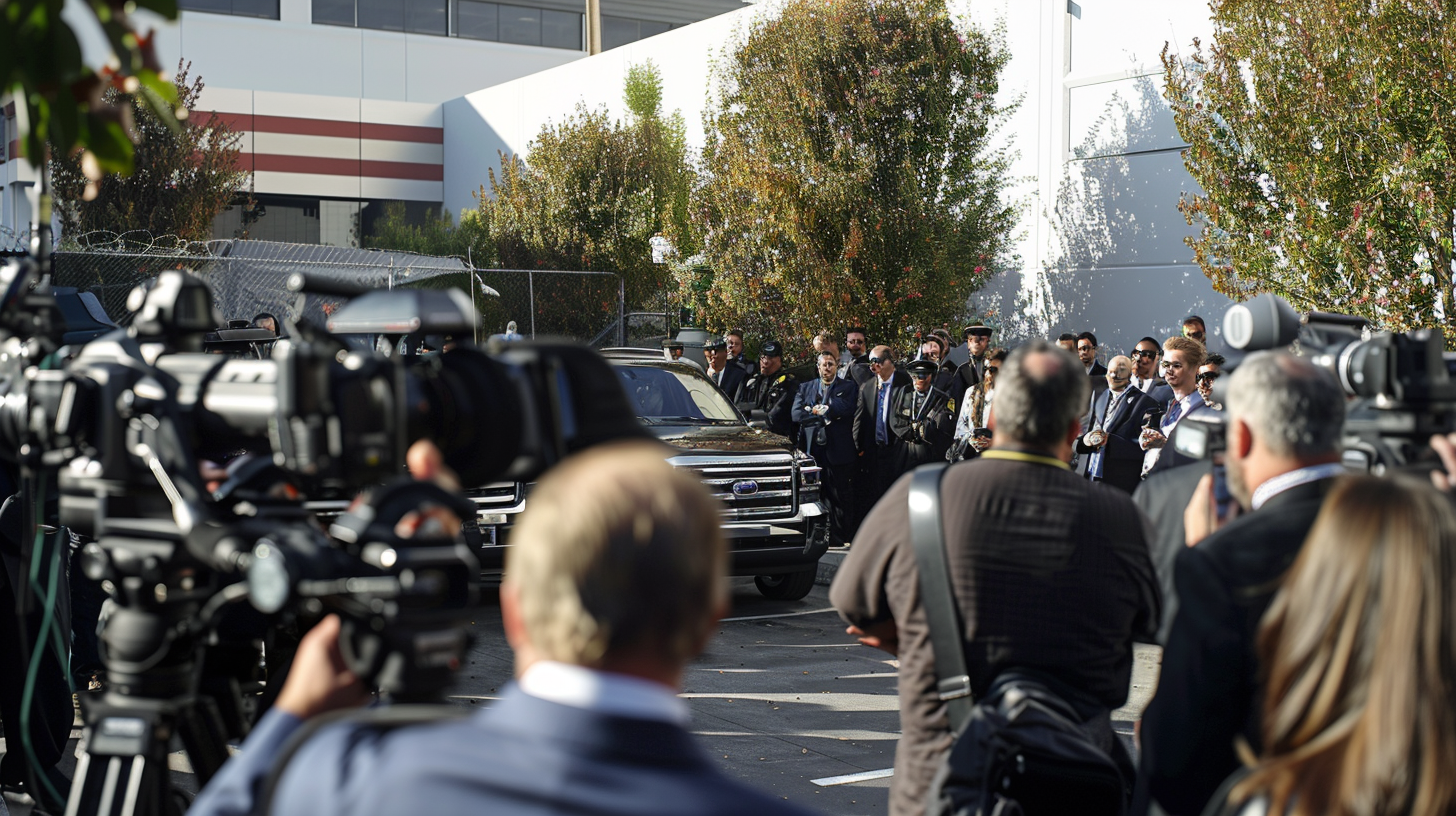| Key Points: – President Trump is set to unveil new auto tariffs, adding to a series of trade measures aimed at reshaping U.S. trade policy. – The White House has confirmed retaliatory tariffs will be applied to several key trading partners. – Global markets are reacting to uncertainty over the scope of these tariffs and their economic impact. |
President Donald Trump is set to announce a fresh round of tariffs on auto imports later today, marking another escalation in his administration’s aggressive trade policy. These tariffs come as part of a broader effort to impose retaliatory duties on U.S. trading partners, a move that could significantly impact global trade dynamics.
The announcement follows weeks of speculation regarding which countries will be affected and to what extent. Trump has hinted at providing “a lot of countries breaks,” while also signaling that he does not want “too many” exemptions. The market is closely watching which nations will fall into the “dirty 15” category—those with trade imbalances deemed unfavorable to the United States.
The latest tariffs on automobiles add to an already sweeping list of trade measures enacted by the Trump administration. Earlier this month, a 25% tariff on steel and aluminum imports went into effect, impacting businesses across multiple industries.
The European Union responded swiftly, announcing counter-tariffs on $28 billion worth of U.S. goods. However, implementation has been staggered, with some key measures, like a 50% tariff on American whiskey, delayed until mid-April. This delay has sparked further uncertainty, with Trump threatening a 200% tariff on European spirits in retaliation.
Trump’s trade policies have already significantly impacted Canada and Mexico. As of March 4, the U.S. imposed a 25% tariff on all imports from its neighbors. However, a temporary pause was granted for goods and services that comply with the United States-Mexico-Canada Agreement (USMCA). This exemption is set to expire on April 2, leaving room for renegotiation.
In response, Canada introduced new tariffs on $20 billion worth of U.S. goods, further complicating trade relations. With both countries agreeing to reopen trade discussions, businesses on both sides of the border are bracing for potential disruptions.
Tensions between the U.S. and China remain high as Trump enforces new blanket tariffs of around 20% on top of the existing 10% duties from his first term. China has retaliated with up to 15% duties on U.S. agricultural products, including chicken and pork, which took effect on March 10.
Meanwhile, Venezuela has been targeted with a “secondary tariff” set to take effect on April 2. Under this measure, any country that buys oil or gas from Venezuela will face a 25% tariff when trading with the U.S. This move is expected to isolate Venezuela further while also impacting global energy markets.
The uncertainty surrounding these tariffs is already causing volatility in global markets. Investors are concerned about potential supply chain disruptions, rising costs for consumers, and retaliatory actions from key U.S. trade partners. The auto industry, in particular, could see increased costs, which may trickle down to car buyers in the form of higher prices.
As Trump’s trade war escalates, businesses and investors alike are preparing for a potentially turbulent economic landscape. With April 2—dubbed “Liberation Day” by Trump—fast approaching, all eyes are on the White House for further developments.
